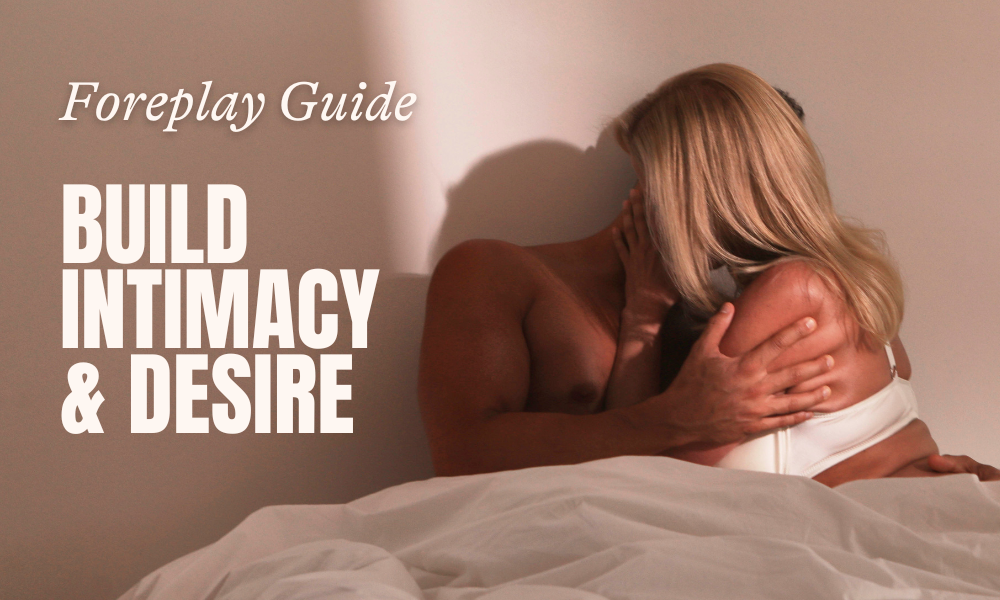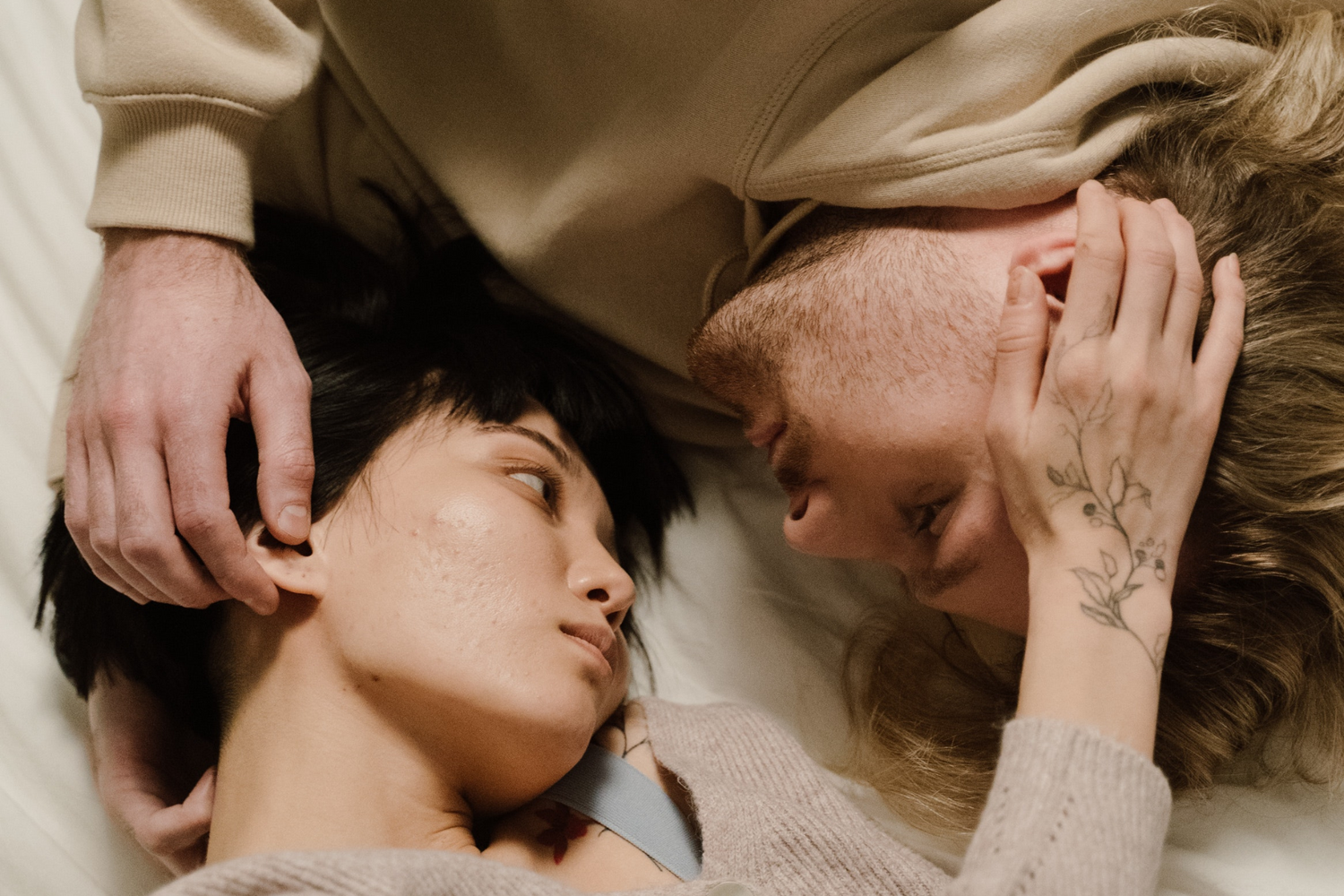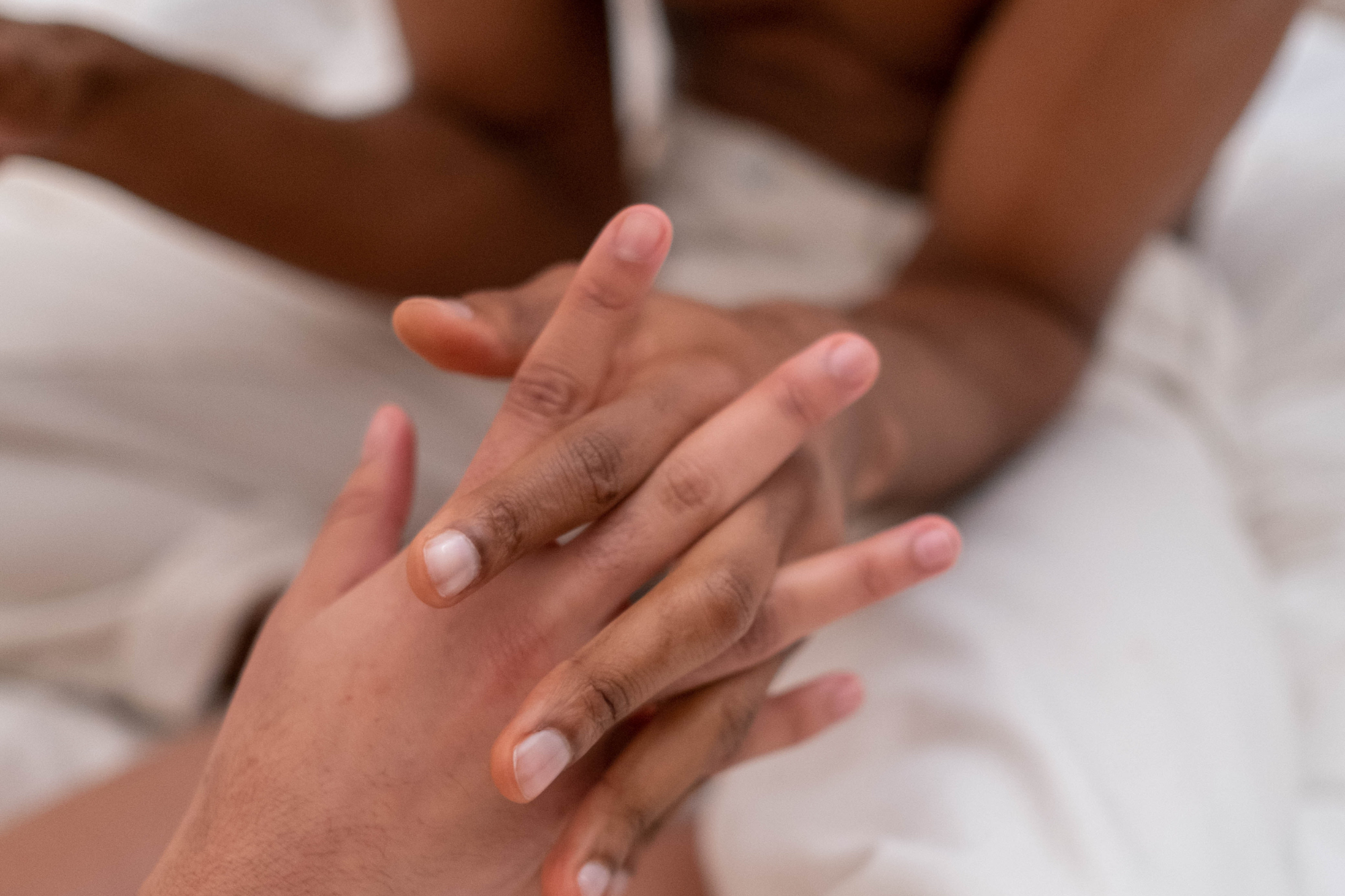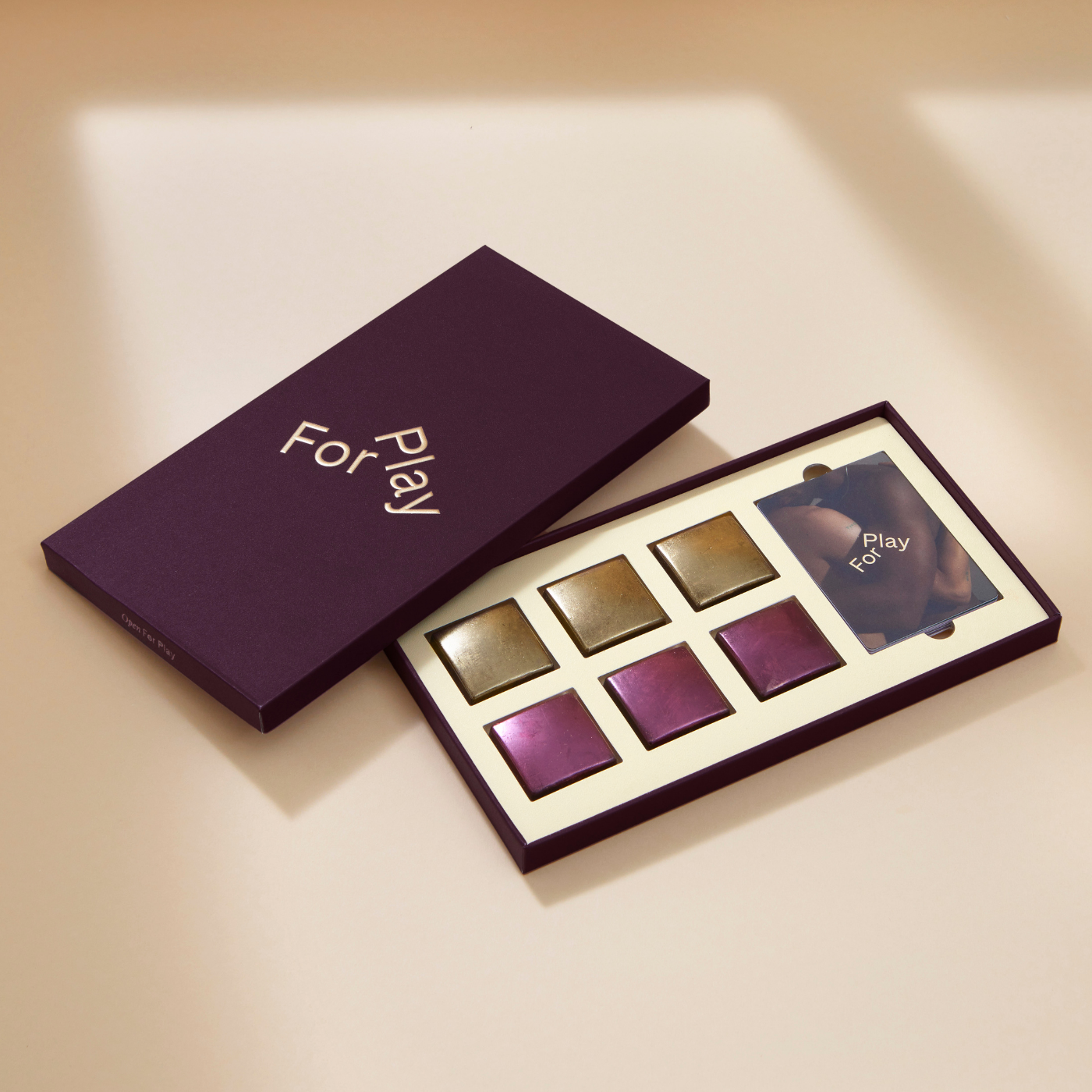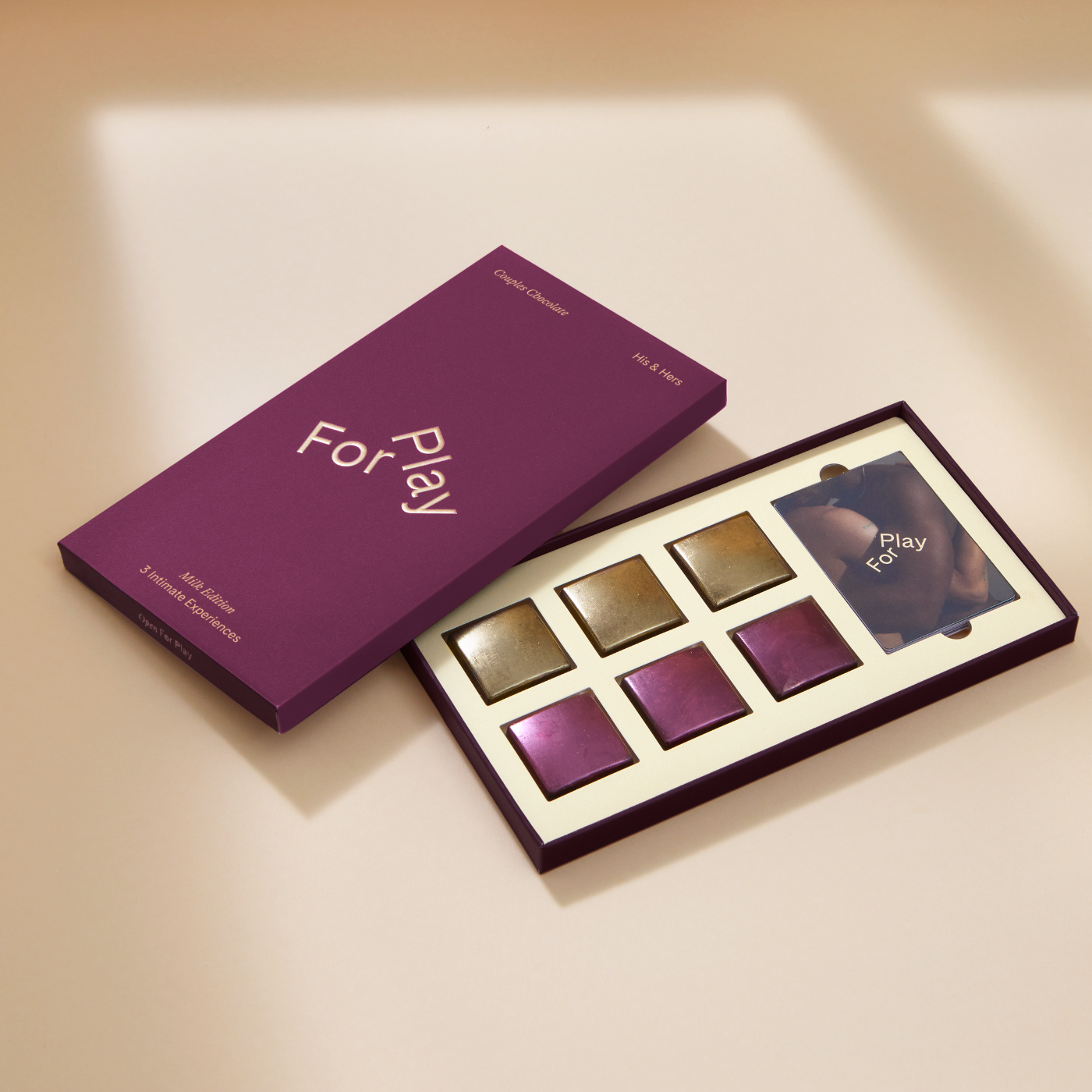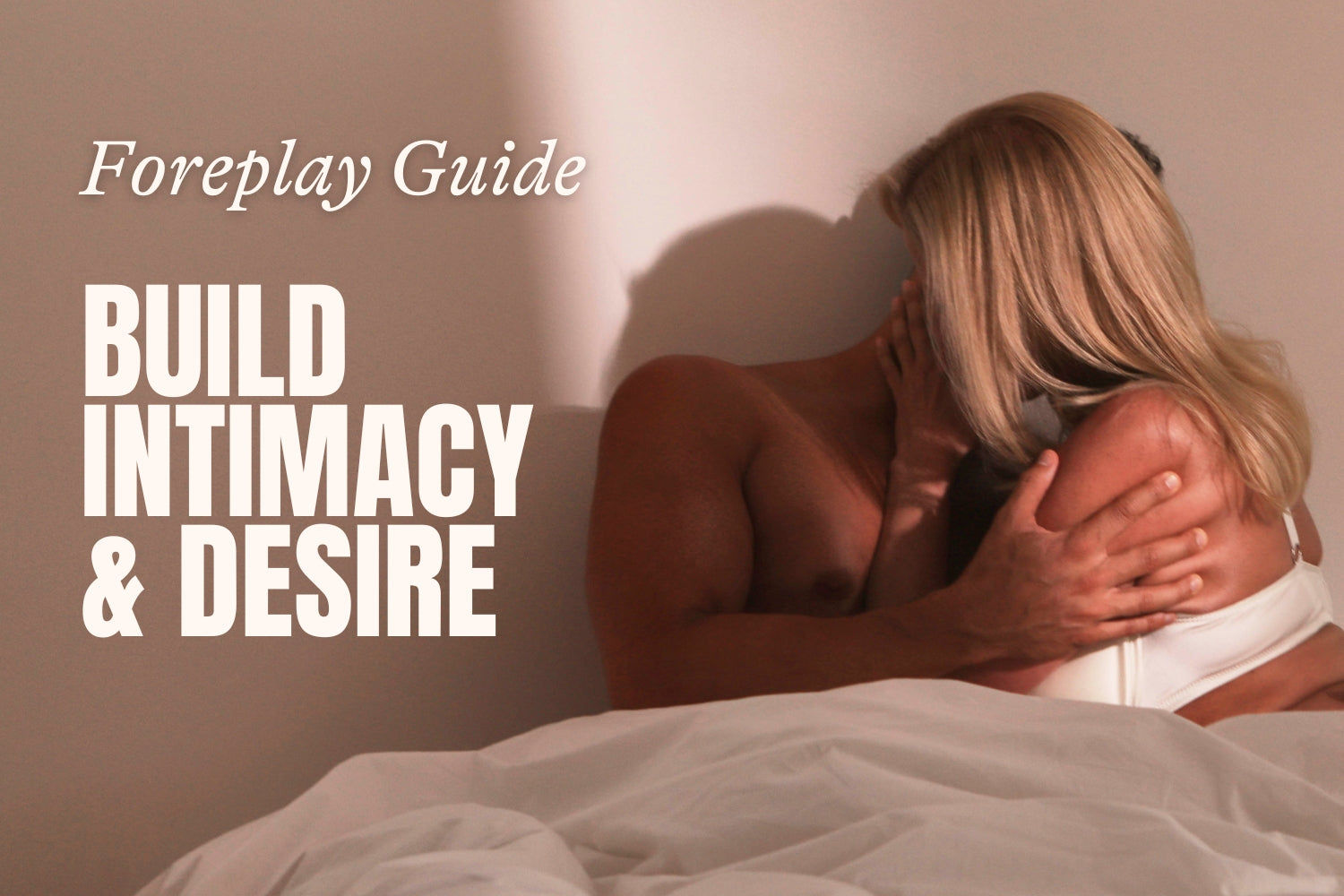Ever felt like your desire for sexual activity is not as it once was? You’re not alone.
Libido, our sexual drive or desire for sexual activity, is a common concern among men and is crucial to maintaining sexual health. But fret not, it’s not a lost cause. As we journey through this blog post, you’ll unravel the mysteries surrounding libido and discover practical solutions to enhance it.
Understanding Libido

Let’s start by understanding what libido is. It’s your overall desire for sexual activity, which can be expressed both with a partner and through self-pleasure. It’s important to know that there is no ‘right’ or ‘wrong’ level of libido. Everyone has their own normal, which is based on personal preferences and life circumstances.
Now you might wonder, what should we do if we experience a decrease in libido? Well, there are multiple conditions and situations that can help ramp up your libido. However, if a decrease in libido is causing distress or leading to sexual problems, it’s a good idea to reach out to a healthcare provider or mental health professional.
Related: Low Libido in Women: Causes and Solutions
The Connection Between Sexual Desire and Libido

Now, it’s hard to talk about libido without mentioning sexual desire, isn’t it? That’s because your libido is connected to your brain, rather than your genitals. In turn, your libido also influences your overall sexual function. So, while libido is your natural inclination towards the physical act of sex, a key part of it — sexual desire — is mental. A fascinating interplay, isn’t it?
But what can make this interplay more vibrant? A number of factors can have a positive impact on intimacy and desire for sex. These range from your physical and emotional well-being to experiences, beliefs, lifestyle, relationship status and sex hormones. So, the dance between libido and sexual desire is not solitary but influenced by multiple partners.
Identifying the Factors That Influence Libido

As we’ve just discovered, libido isn’t an isolated entity but influenced by many factors both inside us and in our lives. These factors can be grouped into three categories: biological, psychological and social, with each playing a distinct role in influencing libido.
Let’s delve deeper into each of these categories to understand how and why they matter for us.
Biological Factors
When we talk about biological factors, we’re referring to the physical and hormonal changes that can affect libido. High testosterone, neurotransmitters such as dopamine and oxytocin, and balanced hormone levels can all give a positive push to libido. Addressing any physical discomfort or painful sex can also help to ensure a pleasurable experience.
Medical conditions can also influence libido. If low testosterone levels are suspected, consulting with a doctor could be beneficial. They may suggest supplements or gels to increase testosterone levels, or even medications such as ACE inhibitors and beta-blockers.
Psychological Factors
Aside from the physical, our minds can also greatly influence libido. For example, one psychological condition with a significant impact on libido is hypoactive sexual desire disorder (HSDD), characterised by the persistent absence of sexual fantasies and desire for sexual activity.
If you’re experiencing symptoms of HSDD, don’t hesitate to reach out to primary care, psychology, or OB-GYN professionals, as they are equipped to care for and treat HSDD with their expertise.
Social Factors
Lastly, let’s touch on the social factors around us that can influence libido. These can include cultural and societal norms, relationship dynamics and societal expectations. Starting with norms, each culture views sex in a slightly different way. In some, sex is seen as a natural and healthy part of life, while others may see it as a way to strengthen relationships and deepen emotional connections.
Our libido is also sensitive to the atmosphere of our relationships. When we have communication, trust and intimacy, this creates an environment where we feel more comfortable expressing our sexual desires.
Recognising the Signs of Low Libido
Recognising the signs of low libido is the first step towards empowering yourself to address it. Loss of libido is primarily defined by an occasional lack of sexual fantasies and desire for sexual activity. But other signs can also include difficulty becoming aroused, difficulty achieving orgasm and diminished sexual pleasure.
If you’re experiencing these symptoms, it’s a good idea to consult with a healthcare provider. They’ll ask questions about the possible causes and may perform tests to help identify the problem and find a solution. Remember, it’s totally normal and okay to ask for help when you need it.
Addressing Uncomfortable Sex

Painful or uncomfortable sex can be a major roadblock to a healthy libido. But it doesn’t have to be a permanent barrier. Addressing any physical discomfort during sex can help boost libido and ensure a more pleasurable experience.
So, what can be done to alleviate the discomfort? Several solutions are available, such as using lubricants and engaging in relaxation techniques. If these don’t work, seeking medical advice can provide a path forward led by healthcare expertise. Taking care of our physical and psychological sexual health, such as by staying healthy, using lubrication, managing endometriosis, strengthening the pelvic floor and treating vaginal infections, can also lead to more enjoyable sex.
Related: How to Talk To Your Partner About Sex
Strategies for Boosting Libido
Having understood what libido is and the factors influencing it, let’s now take a look at some of the strategies that can help boost your libido. These strategies range from lifestyle modifications and partner communication to medical interventions.
Ready to begin your journey to taking back your sex life? Let’s delve deeper into each of these strategies.
Lifestyle Changes
A few changes in lifestyle can have a significant impact on your libido. Regular exercise, for example, can help reduce stress, improve mood and increase energy levels, all of which can help enhance libido. Stress management techniques like deep breathing, yoga and meditation can also be very beneficial.
Additionally, setting aside time for intimacy, like scheduling regular date nights or taking a romantic vacation, can also be helpful for heightening your sexual desire and creating space for your sexual self.
And if you’re looking to add a little extra spark to your sex life, trying new positions, introducing sex toys or role-playing can be great ways to do so.
Partner Communication
Open and honest communication with your partner is a key ingredient in boosting libido. It helps foster trust, intimacy and understanding between partners, which can result in enhanced desire.
So, how can you take the first step to improving your intimate communication with your partner? Be open and honest about your feelings and concerns regarding low libido. Also, remember communication is always a two-way street—always be willing to listen to each other and be understanding and compassionate of each other’s feelings.This creates a safe and supportive environment for both partners to discuss their needs and desires.
Medical Interventions
Medical interventions can also be a viable option for boosting libido. These can include medications, hormone therapy and psychotherapy. If you’re considering this route, it’s important to consult with your doctor to determine the best options for you.
During your appointment, a comprehensive health history evaluation and physical examination will be conducted. Blood tests may also be necessary to provide the best care. Remember, seeking professional help is a crucial step towards reclaiming your sexual health.
Related: Natural Tips To Boost Your Libido
Erectile Dysfunction and Libido
Erectile dysfunction and libido are two terms that often come up together in conversations about sexual health. This is because they often co-exist, with low libido being a common emotional side effect of the distressing experience of erectile dysfunction. However, these are distinct conditions that may need individualised treatments.
So what makes erectile dysfunction different from low libido? Erectile dysfunction is a specific difficulty with getting or maintaining an erection, and it is thought to affect half of men aged 40 to 70 to some degree. But never fear—much like a low libido, you don’t have to suffer in silence. Medications, lifestyle changes, lowering alcohol intake and talking therapy have all been shown to improve erectile dysfunction.
Understanding the difference between low libido and erectile dysfunction can help you identify the root cause of sexual issues and get the right treatment from your care provider. This is yet another reason to consult with a healthcare professional if you’re experiencing issues with your sexual health.
Navigating Relationship Problems Related to Low Libido

It happens—low libido can sometimes lead to relationship issues. But it’s important to realise that these issues are not permanent. Working on getting back to a healthy libido can lead to increased connection with your partner, more sexual activity and an increase in desire that can bring more joy and satisfaction into your lives. Couples can also successfully manage differences in libido by communicating openly and respectfully.
Seeking Professional Help for Low Libido
If you’re struggling with low libido, remember that you’re not alone. Many others are going through the same thing, and help is available. Healthcare or mental health professionals can provide personalised advice and treatment options. as well as advice to help you make healthier lifestyle and relationship decisions. Positive changes can lead to beneficial outcomes.
A Word from For Play
We’ve journeyed through the intricacies of libido, from understanding what it is and its relationship with sexual desire, to identifying the factors that influence it. We’ve delved into the biological, psychological and social factors that can impact libido. We are also now empowered with knowledge on the symptoms of low libido, how to address them, the importance of seeking a solution for discomfort during sex and various strategies to boost libido. And don’t forget the relationship between erectile dysfunction and libido. Finally, let us emphasise again the importance of seeking professional help for low libido. It’s our hope that this wealth of information supports you to take control of your sexual health and live a satisfying life full of joy and intimacy.
Frequently Asked Questions
What are signs of low libido?
The signs of low libido include decreased sexual desire, difficulty becoming aroused, lack of interest in sexual activity and anorgasmia.
Hypoactive sexual desire disorder (HSDD) is a common cause of decreased libido.
Is libido good or bad?
Libido is neither good nor bad; it’s simply a natural part of life. It fluctuates and can be affected by outside factors, but overall it’s a healthy part of any relationship.
Why is my libido low?
It’s not uncommon for libido to decrease as we age, often due to a drop in sex hormones or other age-related health problems.
Relationship issues, stress and anxiety can also lead to a reduced interest in sex, as well as sexual problems like erectile dysfunction.
What is libido?
Libido is your natural sexual desire, which can be experienced through intimacy with a partner or self-pleasure.


